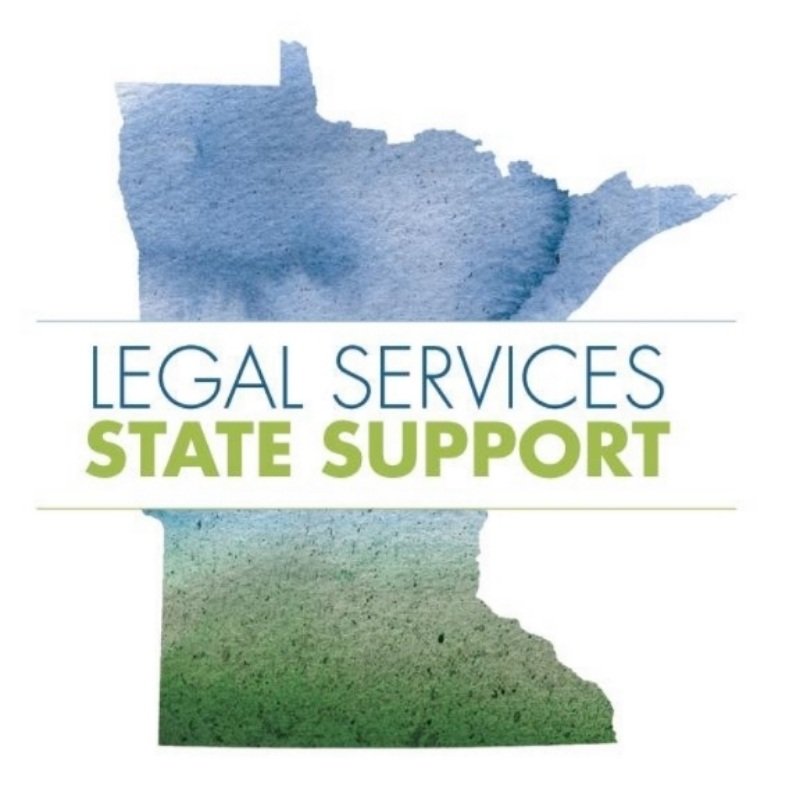For those unable to attend LSC’s recent Innovations in Technology Conference (ITC) in Phoenix, you’re in luck. Videos from many of the conference sessions are now available on LSC’s YouTube channel.
In LSC’s Tech Download newsletter announcing the availability of the videos, several notable sessions were recommended to readers including Deserts No More featuring Rachel Albertson, development and communications manager with Legal Aid Service of Northeastern Minnesota (LASNEM). Albertson, along with fellow panelists from the Lagniappe Law Lab and the Louisiana State Bar Association, discuss the digital divide and the existence of legal deserts in more isolated communities. They explain how to make user-friendly choices that accommodate the realities of limited resources and tackle geographic barriers to justice, as well as how their organizations created partnerships connecting rural locales to a continuum of virtual and in-person services.
Other available videos include Googling Justice, a session on SEO optimization for legal aid organizations, and Next Generation Eviction Diversion Programs, which looks at how courts are designed to provide community-driven solutions for landlords and tenants that are propelled by technology.
In addition to LSC’s YouTube channel, it’s popular “Talk Justice” podcast features recent tech-focused episodes including “A Recap of LSC’s Innovations in Technology Conference”, recorded live during this year’s ITC, and “Technological Improvements in Pro Bono Services.” All episodes of “Talk Justice” are available on Spotify, Apple Podcasts, Stitcher and other podcast platforms.





